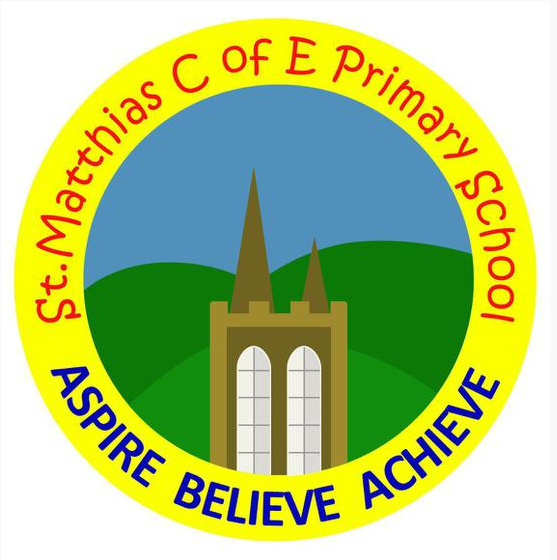ELS Parent information
Supporting Reading at Home:
- Children will only read books that are entirely decodable, this means that they should be able to read these books as they already know the code contained within the book.
- We only use pure sounds when decoding words (no ‘uh’ after the sound)
- We want children to practise reading their book 4 times across the week working on these skills:
Decode – sounding out and blending to read the word.
Fluency – reading words with less obvious decoding.
Expression – using intonation and expression to bring the text to life!
We must use pure sounds when we are pronouncing the sounds and supporting children in reading words. If we mispronounce these sounds, we will make reading harder for our children. Please watch the videos below for how to accurately pronounce these sounds.
Top Tips
- Try to say the short sound of the letter, not the letter name. This will help children when they come to blend words together. E.g. the letter names dee-oh-gee don’t blend together to make ‘dog’. (Please see the videos below to support this.
- Read regularly with your child - Encourage children to recognise sounds and as they grow more confident, encourage them to blend the sounds together and to read sentences independently.
- Please record your child's reading in their reading record.
- When you are reading to your child, emphasise the rhyming words and ask what is special about them.
- Initial letter sound hunt – Say a sound to your child and see if they can find something in their house that starts with that letter. This also works well with ‘I spy’ but remember to use the letter sound and not its name.
- Songs – Sing nursery rhymes and traditional songs with your child and talk to them about the patterns that they notice in the words.
At the beginning of each academic year, we will hold an information session for parents and carers to find out more about what we do for Phonics, Reading and English at our schools. Please do join us.
Support for pronunciation
Phase 2 Pronunciation video
Phase 3 pronunciation video
More information can be found by clicking on the Oxford Owl ELS website

